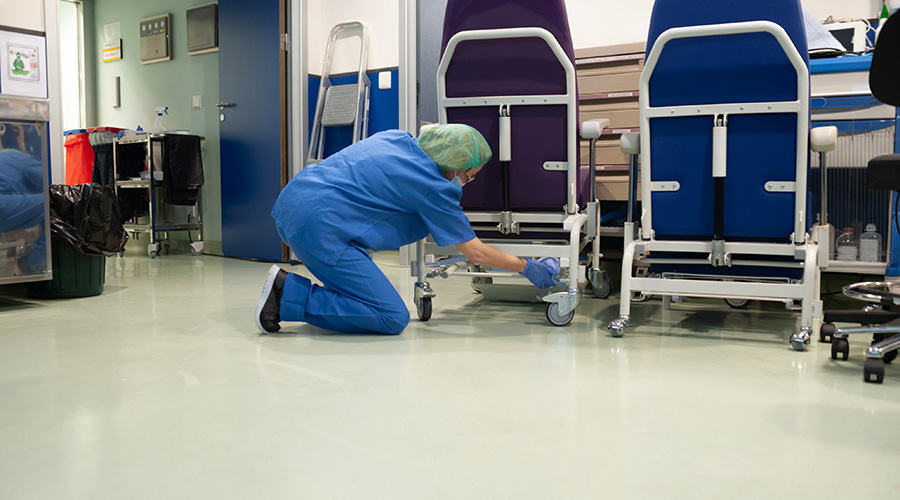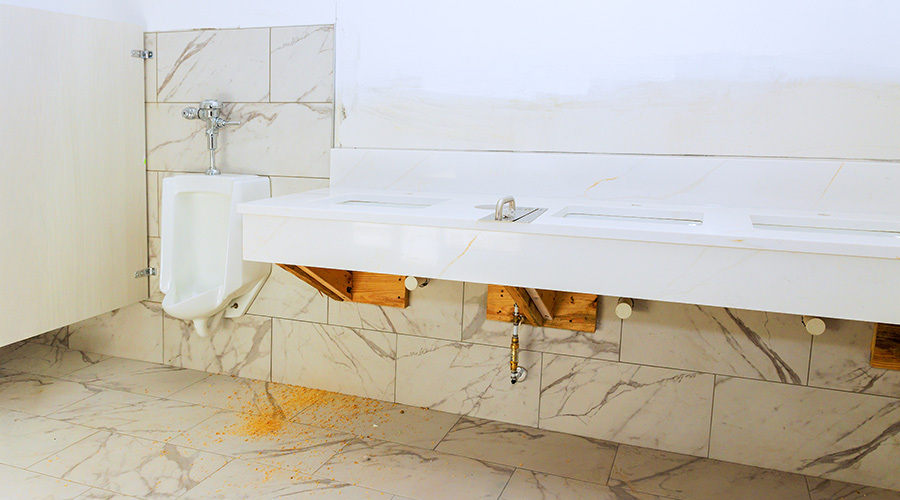A new study finds nearly 1 in 4 healthcare workers’ hands were contaminated with Clostridium difficile spores after routine care of patients infected with the bacteria, according to an article on the Infection Control Today website. The study was published in the January issue of Infection Control and Hospital Epidemiology, the journal of the Society for Healthcare Epidemiology of America (SHEA).
“This is the first known study focusing on the carriage of viable C. difficile spores on healthcare workers hands,” Caroline Landelle, PharmD, PhD, lead author of the study, said in the article. “Because C. difficile spores are so resistant and persistent to disinfection, glove use is not an absolute barrier against the contamination of healthcare workers’ hands. Effective hand hygiene should be performed, even in non-outbreak settings.”
Contamination of healthcare workers’ hands occurred with high-risk contact (e.g., patient washing, digital rectal exam, bed linen change, colonoscopy) or when workers didn’t use gloves, the article said. Hand contamination was also associated with the duration of high-risk contact and was more common among nursing assistants than among other healthcare workers, likely because nursing assistants had more high-risk contact.
Read the article.

 Building Envelopes Emerge As Key Facility Components
Building Envelopes Emerge As Key Facility Components Catholic Medical Center Breaks Ground on New Central Energy Plant
Catholic Medical Center Breaks Ground on New Central Energy Plant Cottage Hospital Ensnared in Data Breach
Cottage Hospital Ensnared in Data Breach Biofilm 'Life Raft' Changes C. Auris Risk
Biofilm 'Life Raft' Changes C. Auris Risk How Healthcare Restrooms Are Rethinking Water Efficiency
How Healthcare Restrooms Are Rethinking Water Efficiency